When various small scars cause trouble in the rhythm of heartbeat then for treating or for getting a usual heart beat cardiac ablations are performed. They help resetting the heartbeat and to form a heartbeat in a required manner. Energies are required for performing cardiac ablation.
One may need cardiac ablation due to many reasons. The irregularity in heartbeat may be caused due to many reasons. Atrial fibrillation is performed for the treatment of irregular heartbeat. There are many severe issues related to irregular heartbeat.
Read about – Tremor Treatment
We will discuss cardiac ablation and how it affects and how it benefits people suffering from heart rhythm problems. Let us start discussing cardiac ablation in detail in the following sections.
Introduction Cardiac Ablation Treatment
Arrhythmia is a term given when heartbeat is not normal. It can be harmless or serious. Atrial fibrillation is a common type of arrhythmia.
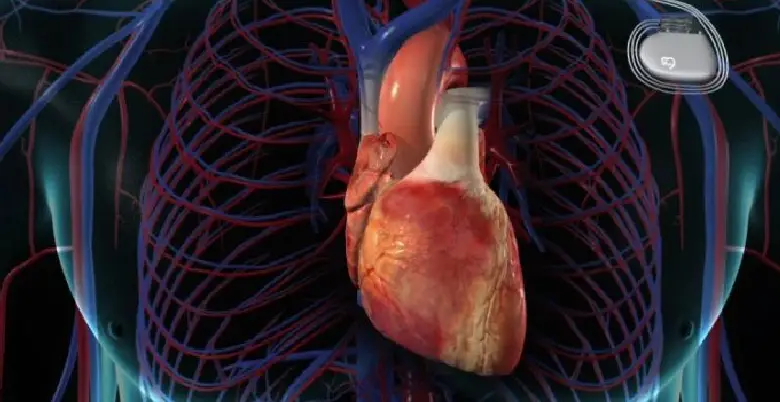
For treating irregular heart rhythms cardiac ablation is performed. Symptoms associated with arrhythmia are as follows-
- Heart palpitations.
- Dizziness may be felt.
- Lightheadedness is also associated.
- Episodes of fainting.
- Shortness of breath.
- Chest discomfort may be felt.
- Fatigueness may be felt.
Although these are the various symptoms associated with arrhythmia, sometimes the symptoms remain silent.
Types of cardiac ablation
Various types of cardiac ablation are there. We will discuss the types of cardiac ablation in this section.
Read more : Appendix Treatment
- Atrial flutter ablation is done to create scar on the upper chamber of heart. It blocks the electrical signals that may cause irregular rhythms. It helps in setting normal heart rate.
- AV node ablation is for disorganised heartbeat. It uses radiofrequency energy to destroy small amounts of tissue.
- SVT ablation uses cold or heat energy to block signals of irregular patterns. Sometimes it may be done with medications. Normal heartbeat may return due to this treatment.
- Ventricular tachycardia ablation is done to treat lower heart chambers of heart and their quick beating. The goal is to have a normal heartbeat.
Depending on the type of difficulty the type of cardiac ablation may be performed and one may get settled with the right type of cardiac ablation depending upon the right type of diagnosis.
Diagnosis of cardiac ablation
Irregular heartbeat can be diagnosed in various ways. Physical examinations may be required.
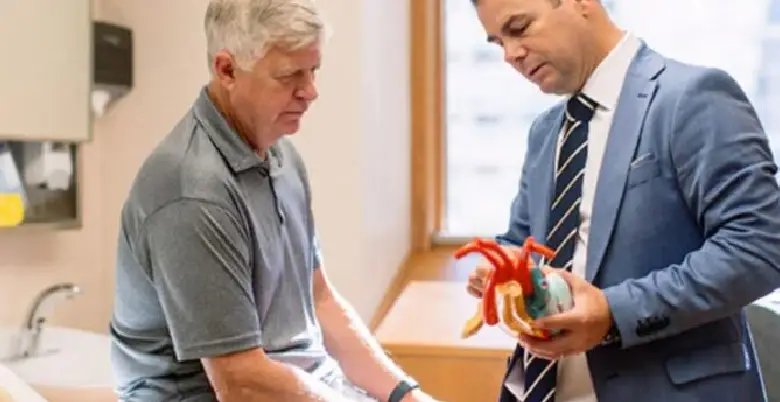
Ways in which it is diagnosed are as follows-
Read about – Congestive Heart Failure Treatment
- Electrocardiograms may be performed.
- Blood tests may be required.
- Ambulatory monitors may be needed.
- Stress tests are performed.
- Echocardiogram.
- Electrophysiology study may be done.
- Computed tomography.
- Heart MRI is performed too.
All these are ways in which diagnosis may be done for irregular heart beats and the exact reason may be found.
Treatment of Cardiac Ablation
Cardiac ablation may be performed for treating the irregular heart beats. The types of cardiac ablation may vary and so the treatment may vary according to the conditions of the patient.
Have a look at : Colorectal Cancer Treatment
A good diagnosis can help in finding the required treatment.
Complications of cardiac ablation
Complications are related to cardiac ablation. Various complications related to the procedure of cardiac ablation are as follows-
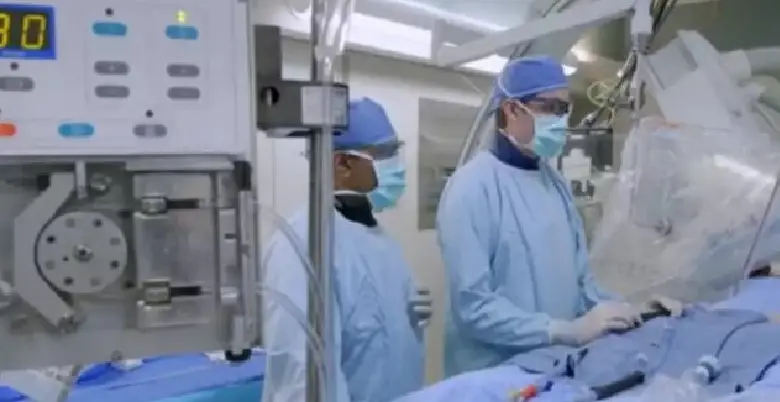
- Damage to blood vessels can be caused.
- Catheter can cause bleeding and infection.
- Blood clots can be formed in lungs.
- Legs may get affected by blood clots.
- Heart attack is also a complication of this treatment.
- Kidney damage is a risk.
- Radiation is harmful.
- Death can occur in a few cases.
Read more : Choroid Plexus Cyst Treatment
All these were complications of cardiac ablation.
Prognosis of cardiac ablation
If a person got diagnosed with a clinical disorder of heart related issue , Afib or any other other disorder which is affecting the heart rhythm then cardiac ablation can be performed by a caregiver.
It is done under supervision. One may see its benefit if it is done with proper care and attention. The rates of success are good and proper care and monitoring is to be done after cardiac ablation is done.
Risk factors of cardiac ablation
Various risk factors are associated with cardiac ablation. Let us discuss them in this section.
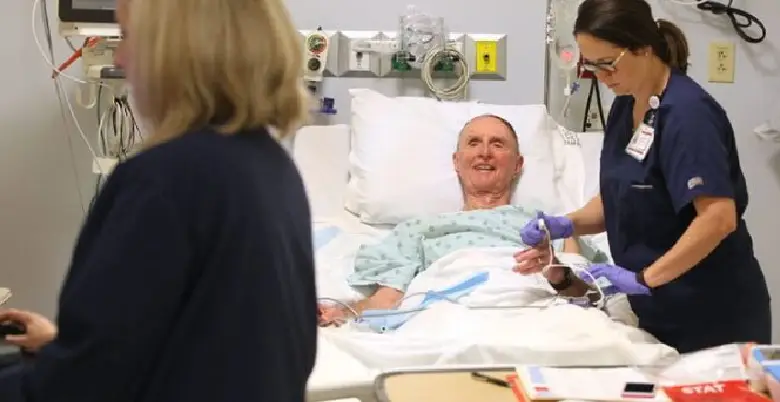
Risk factors of cardiac ablation can be –
You Should also know – Cidp Treatment
- One may need it due to heart issues.
- Cardiac problems.
- One may have an irregular heartbeat due to high sugar.
- Having sleep apnea.
- Alcohol consumption.
- Consuming caffeine.
- Having a high body mass index.
- Taking more herbal supplements.
- Not being active.
- Consuming tobacco.
One may need to have cardiac ablation due to irregular heart beat issues and irregular heartbeat issues may arise due to all these risk factors.
Side effects of cardiac ablation
Side effects of cardiac ablation may be associated with medications or their surgical treatment too.
The side effects can be –
- Damage to vessels.
- Damage to other organs
- Weakness.
- Tiredness.
- Aches.
- Dizziness associated with medications.
You Should also know – Breast Cancer Treatment
All these are side effects of cardiac ablation.
Pre or post care of cardiac ablation
Before cardiac ablation take care of following things-

- Avoid eating or drinking before the procedure.
- Stop taking medicines before treatment.
- Consult a doctor for any other specific condition.
After the cardiac ablation is done take care of these things-
- Always go to regular follow up sessions.
- Watch your blood pressure.
- Watch your sugar levels.
- Take adequate sleep and rest.
- Don’t overstrain.
- Avoid lifting weight.
- Take proper diet and medications.
Also read about : Anal Cancer Treatment
All these points can help you before and after the cardiac ablation treatment. Take care of your heart by getting good fluids and diet.
Also include physical activity in your lifestyle to stay fit. Stay away from processed food.
Treatment Cost of Cardiac Ablation
Cardiac ablation cost in India may vary according to the patient conditions and other ailments.
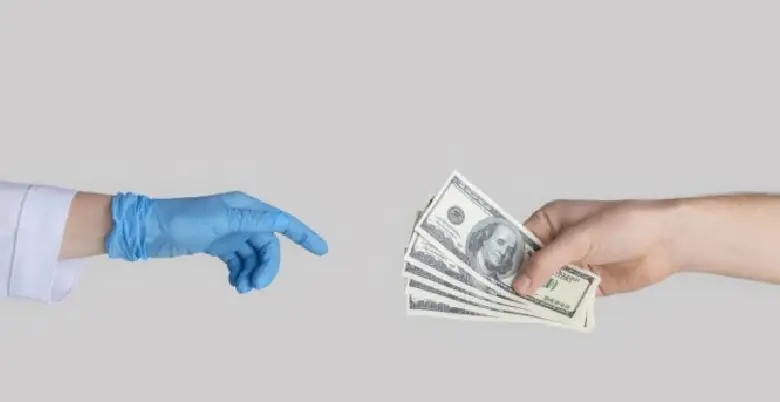
The basic cost of radiofrequency ablation in India is Rs 178000.0 in hyderabad. Rfa cost in India varies according to the location and city.
The success rate of rfa is 70 to 80 percent. It is advised to consult a good doctor for getting radiofrequency ablation done.
It requires proper supervision. Other factors like insurance etc may affect the rate.
Get in touch with a specialist for getting required treatment. It is advised to follow all the instructions given by the doctor for getting better recovery.